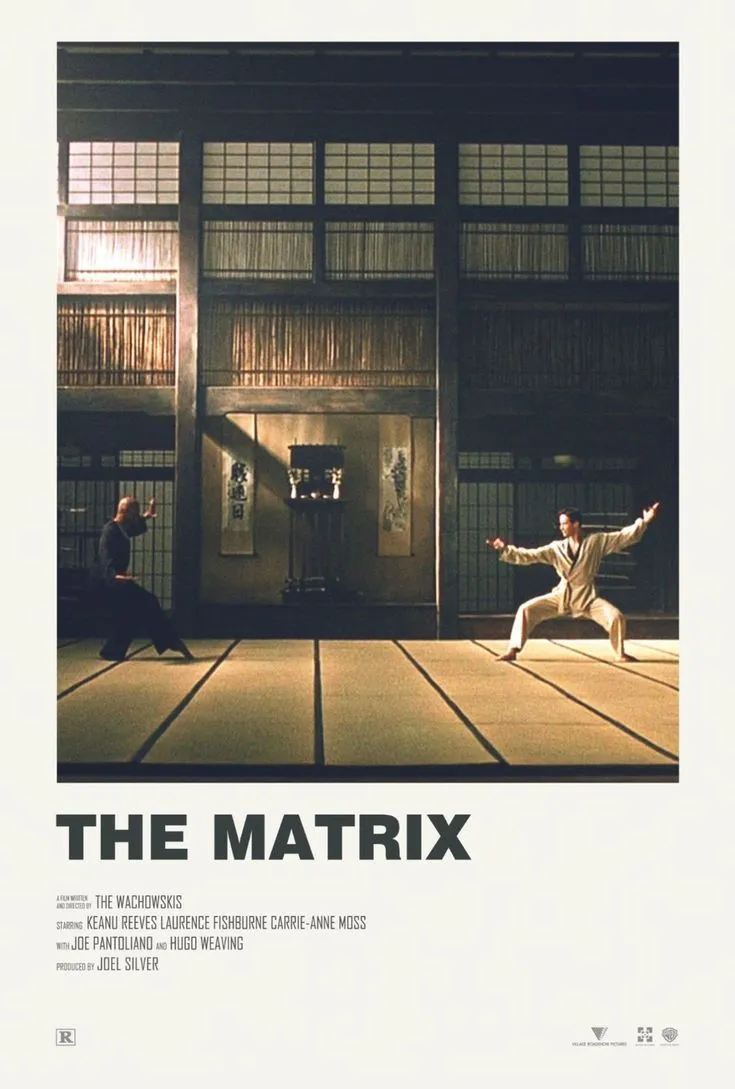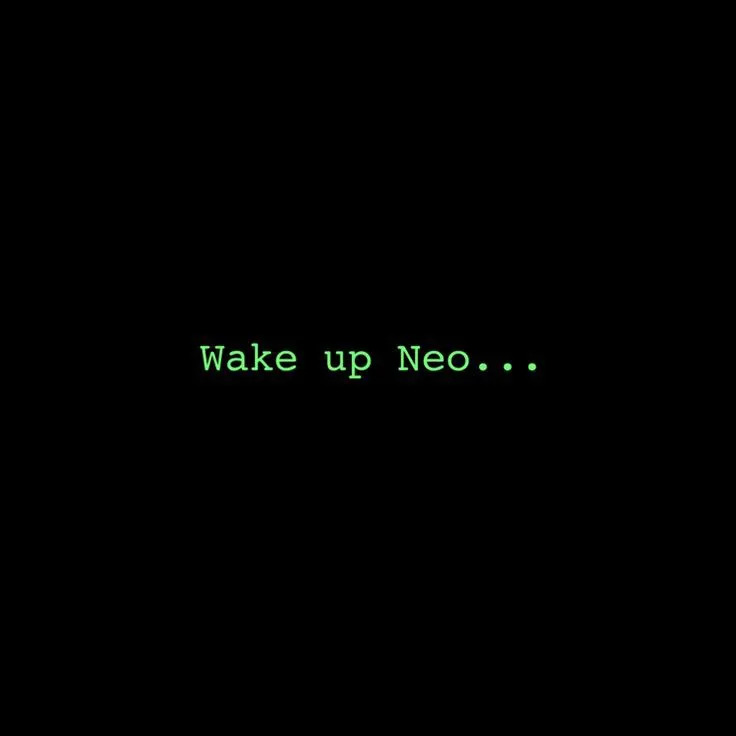Back at it again I guess..
Alright let’s have a go at this. Yet again it is another time, another day, another three whole weeks since I put my thoughts out here. You know sometimes I wonder, what really is the difference between my write ups and random gibberish? And quite honestly I can’t give you a clear cut answer, all I do know is that when I write these articles it takes a lot of my time and mental effort from me and if you didn’t know this about me I’m quite a lazy person yet for some reason I find myself coming back to this and still writing. I guess that in itself makes it be more than just gibberish to me at least; the effort I try to put into it. I guess that that’s what really gives this gibberish meaning to me at least, the effort oh and yeah the rewards of course; the reward is definitely the motivation that keeps me here, I am not going to deny that. Speaking off gibberish content that’s very meaningful and quite interesting to read, y’all should subscribe to my friend @stevenson7 newsletter right here. Also check out his page right here on the hive blog for amazing shots and great content
Alright now on to today’s topic, the matrix thesis part 3. Six weeks ago I bragged that I could write a whole thesis in defense of my claim that the matrix trilogy is the greatest action flick of the last 25 years [and if you don’t believe this then suck it]. Last time I focused on lead character dynamics and the effective use of supporting characters and I wrote at length the reasons why I believed these two techniques worked so well for the story of the matrix. The way I saw it the first part of the first film set out to introduce us to the world of the matrix and get us acquainted with the inner workings of this new environment through the experiences of our main character, this creative decision I believe was the reason our protagonist started out as a passive lead character only to his transition to becoming an active one midway into the film, which of course became the set up for the climatic third act of the part one of the film. The first half of the first film I also argued made the most use of our lead character passiveness by making most of the supporting characters in this film. Whilst our lead was taking in the realization of the new world he found himself, the first half of the plot was essentially carried by the actions of Morpheus and Trinity and it was further intensified by the opposition they faced from the smith agents. These key characters I said last time were primary drivers of the first half of the plot; there actions made the leads passiveness excusable as the story still felt engaging even in his ‘absence’.
Today I’m going to try to examine some of the complex themes this story posed to me as a viewer and I’m going to be attempting to find some meaning or answers to them as well as looking at how dialogue helps this film work spectacularly
Perception, Dreams and Reality; What is real and what is not?
Have you ever had a dream, Neo, that you were so sure was real? What if you were unable to wake from that dream? How would you know the difference between the dream world and the real world?
What is reality? That seems to be the first question this film instills in us. In the beginning of the film, we are introduced to what we assume is 1999 San Franciso. It is what the world was then and we see our main character Thomas Anderson have what appears to be a normal life; a stable job, a house and well friends. Only to have our expectations supplanted right under our noses only to reveal the truth of our reality. We learn of this new truth through Morpheus; a character whose name chose is an ode to to the Greek god of dreams. As he puts it to neo, if real is what we can taste, smell, feel or see, then reality is simply electrical signals sent to our brain. This question is the first philosophical theme the matrix touches. Is our perception the full scope of reality? Is there more to life than what we can perceive with our senses and if there is, what truly is the scale of such ‘reality’.
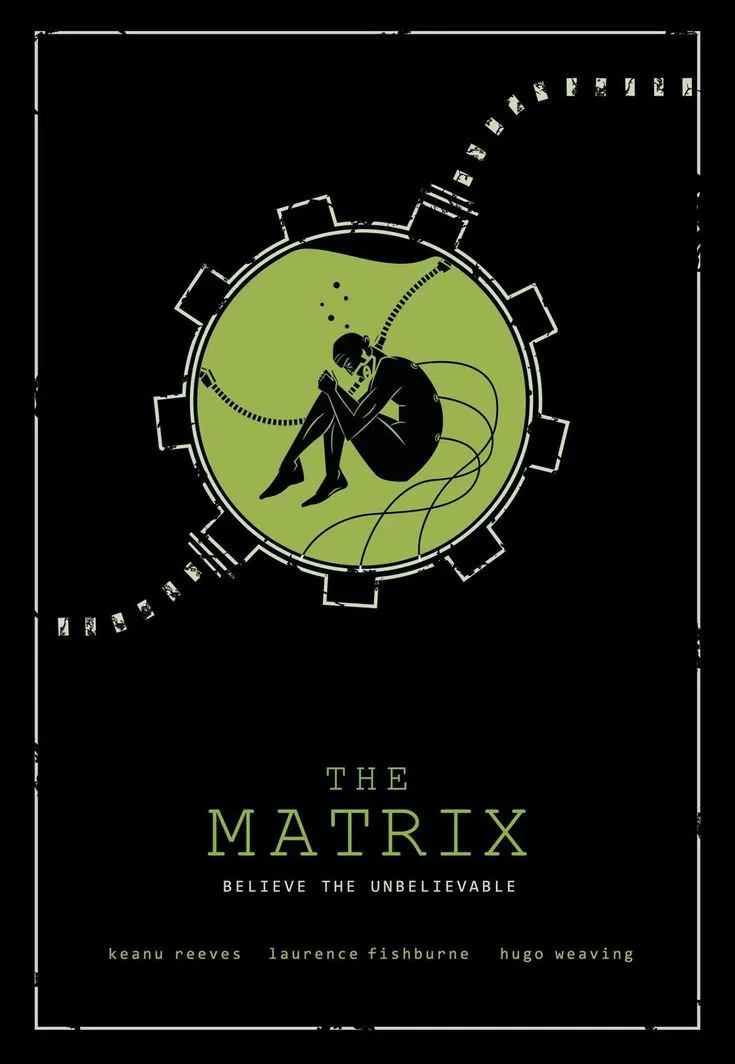
source
According to many psychologist, philosophers and scientists alike the scale of reality is way beyond our perception. As renowned psychologist Carl Jung who was able to establish our mind is divided into the conscious and the unconscious; the conscious mind interacting with the physical world whilst the unconscious he described as the world of dreams. According to him, the mind exists somewhere between these two realm of reality and it is absolutely capable of interacting with an aspect of these two realms. Even though the mind cannot be physically identified with a particular potion of the brain, we know for certain that it everyone has a mind and it is responsible for the majority of who we are as people and what we do. Writing this now I’m beginning to realize how much Jungan ideas might have influenced this film, from the concept of dreams [heck a character is named after the Greek god of dreams] and reality, to the idea of the mind being the thing that interacts with the matrix. If we know that reality extends beyond our physical world, then how much do we not know? What indeed is real and what is not?
- Choice, Purpose and Fate; the why of everything and anything.
’This is your late chance, after this there is no turning back. You take the blue pill, the story ends. You wake up in your bed and believe whatever you want to believe. You take the red pill and you stay in wonderland and I show you how deep the rabbit hole goes’
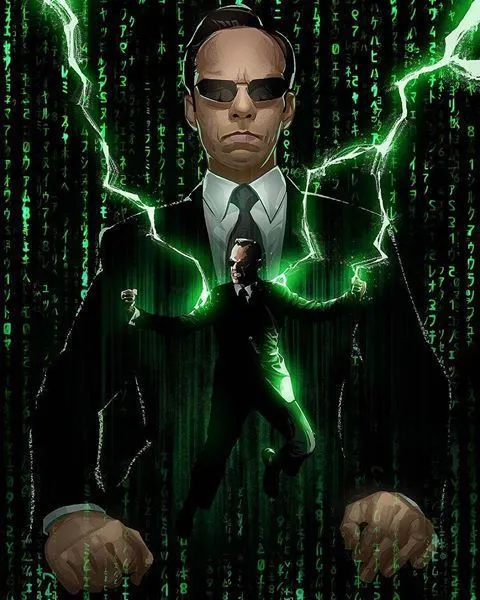
source
The second striking question this film raises is; do we really have a choice or are we inevitably guided to our end by the hands of fate? Agent smith puts it best, it is inevitable; and that’s something that seemed to reoccur all throughout the film, the inevitability of outcome. We see an example of this when we examine neo as a character. We see that he is the one who is search of answers, he is the one who gets offered choices, we see his choices drive the plot forward and we realize that his choices inform our perspective of the film. We see that when he chooses the red pill and it ultimately leads him to the oracle who informs him about a choice he would make later on that would shape not just his fate but the fate of all of humanity. In a sense it appears as though fate leads him in the form of the oracle, Morpheus and other characters to the point where he has to make the choices that lead to his predestined outcome. We see or better still we experience this process happen all through-out the trilogy, as though we are informed of what we will do and then we follow through with it in order to fulfill our purpose or complete our mission. Looking at this, the question of whether we do things because we are meant to do them or because we are given the choice to do them arises within usand we are left to ponder on what really our purpose is in life.
- Power, Control and Resistance; the creator vs the created paradox
‘Councillor Hamann : Down here, sometimes I think about all those people still plugged into the Matrix and when I look at these machines I... I can't help thinking that in a way... we are plugged into them.
Neo : But we control these machines; they don't control us.
Councillor Hamann : Of course not. How could they? The idea is pure nonsense. But... it does make one wonder... just... what is control?
Neo : If we wanted, we could shut these machines down.’
Councillor Hamann : [Of] course. That's it. You hit it. That's control, isn't it? If we wanted we could smash them to bits. Although, if we did, we'd have to consider what would happen to our lights, our heat, our air...
Neo : So we need machines and they need us, is that your point, Councilor?
Councillor Hamann : No. No point. Old men like me don't bother with making points. There's no point.
Neo : Is that why there are no young men on the council?
Councillor Hamann : Good point.
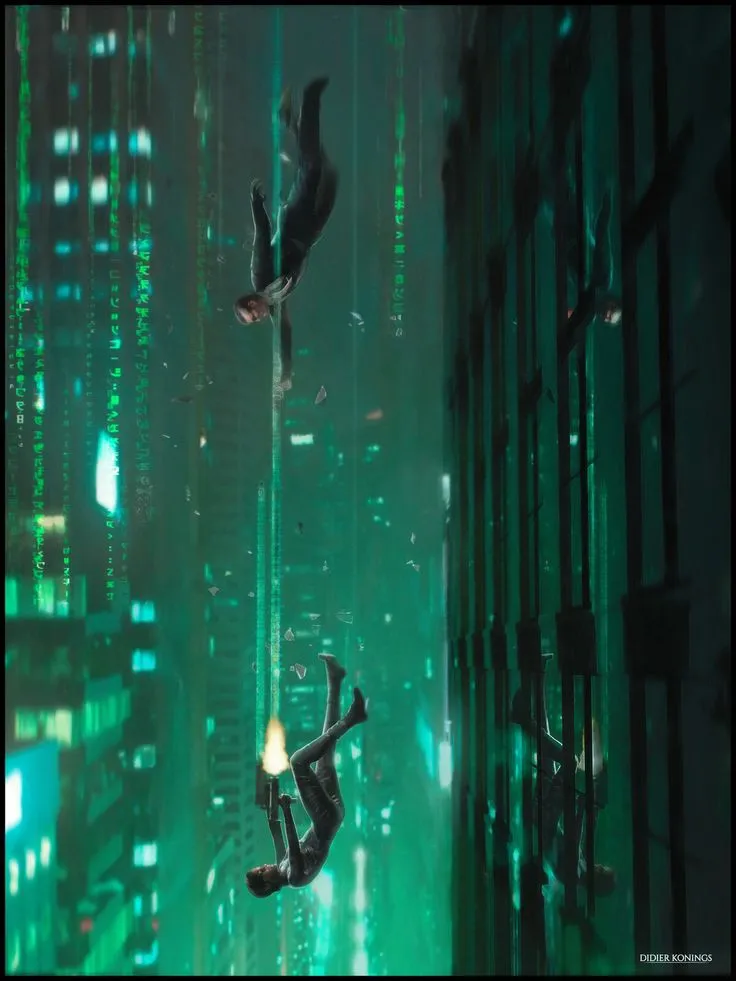
source
The third and final question is more of a paradox. I think of it as the power paradox, a paradox that attempts to show the illusion of control. In the world of the matrix humans find themselves in a war with machines and they use machines to fight against other machines. The creator in essence is forced to create a creation in order to fight his creation so the question is who really controls who, the humans or the machines, the creator or his creation? Every relationship they say is defined by power and it is determined by a power dynamic. Whomever the dynamic favors at any particular time is perceived as the person in control. And this relationship is critically examined in the film with relations to humans and artificial intelligence. For whatever reasons unknown to us, both parties chose to engage in a tussle for control and well humans are on the receiving end of the tussle eventually people are forced to come to the realization of that control is simply a cruel game.
- The Dialogue.
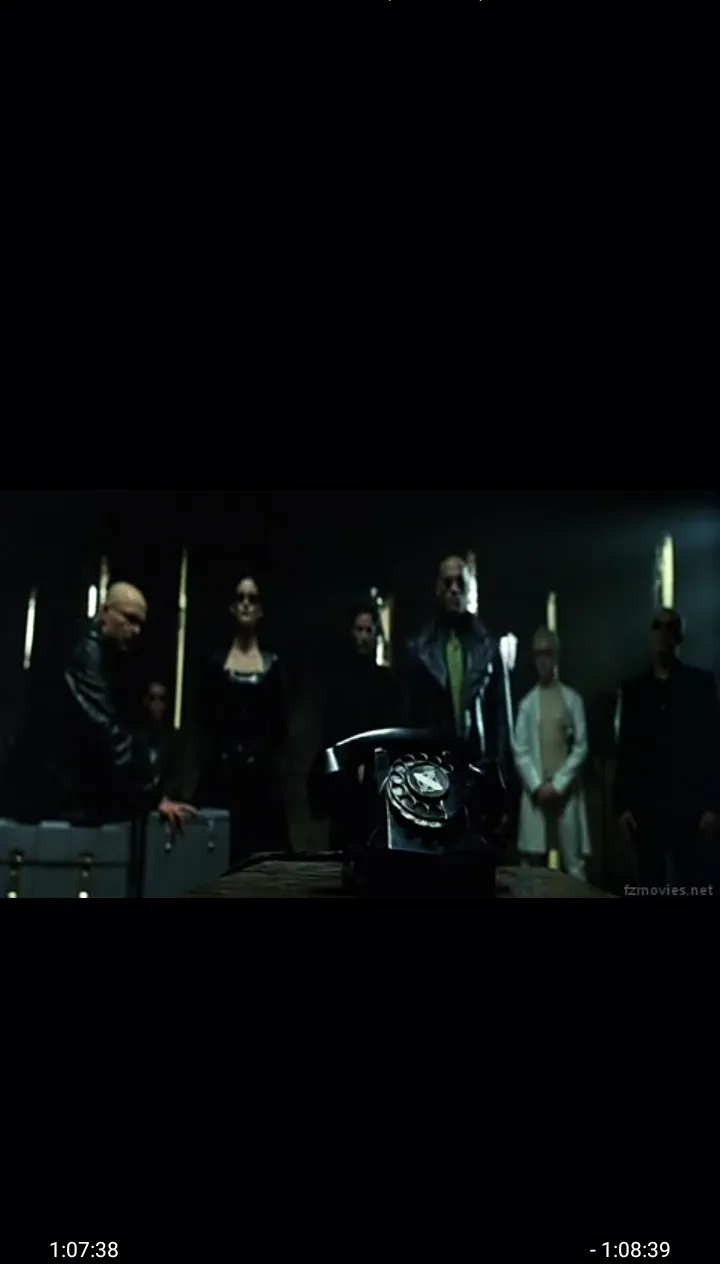
The dialogue in this film is just phenomenal. Unlike other films where dialogue is used to stories we to drive a story backward [I’m looking at you infinite], the dialogue in this film is used to drive the story forward. Through dialogue we are given purpose and direction in this film. The dialogue is not just boring monotonous talk between characters but instead is beautifully crafted to convey meaning and the essence of each character as well as conveying their emotion and dispositions. This in turn informs overall tone and mood of the entire film. Each aspect of this film is built on the correct application of different aspects of story-telling. Let’s take the example of the conversation between Commander Lock and Councilor Hamman
Commander Lock
Commander Lock : I believe I'm going to need every ship we have if we're going to survive this attack.
Councillor Hamann : I understand that, Commander.
Commander Lock : Then why did you allow the Nebuchadnezzer to leave?
Councillor Hamann : Because I believe our survival depends on more than how many ships we have.
This conversation happens just a few scenes after we arrive zion. From it we can tell the severity of the situation at hand. The sentinels are coming to wipe the last human settlement and humanity will need every last ship it can muster; this information is further reinstated in us when we see the next shot of millions of sentinels drilling a hole into the city. The dialogue here sends the message of urgency and not just urgency built on the foundation of something we cannot see but something we have seen, something whose deadliness we are very much aware of. The same method of information dispensation through dialogue happens between Morpheus and Neo when we learn about the true state of the world, the dialogue comes first and is later accompanied by the visuals of the threat we face seen in a few clips after. What this does for the audience is that not only suggests to the audience what to expect, it shows them the nature of the worse that is to come. This style skyrockets the level of suspense and dread the audience feels. Ironically our main protagonist does not talk a lot; however in the moments where we hear him speak, his words are not wasted as they meaningfully drive the plot forward. Finally the dialogue in this film establishes the true nature of each character, just as how in real life people have a specific way of talking. Morpheus is an example of a character that excels at this his style of using words is excellently portrayed by actor Laurence Fishburn. It becomes obvious he is the one talking from the moment we hear him speak because the way he sounds and its relevance to the story. This is how you correctly use dialogue to tell a story, by integrating it correctly with the other aspects of story-telling, two aspects I talk about of this make shift thesis and you should have an action thriller that everyone would remember.
So there it is folks, the end of this series. There's a lot more I wish I had the time to write about for example the style and aesthetics of this film but I guess three parts is enough. I hope you enjoyed it as much as I did until we see next time
Ciao

